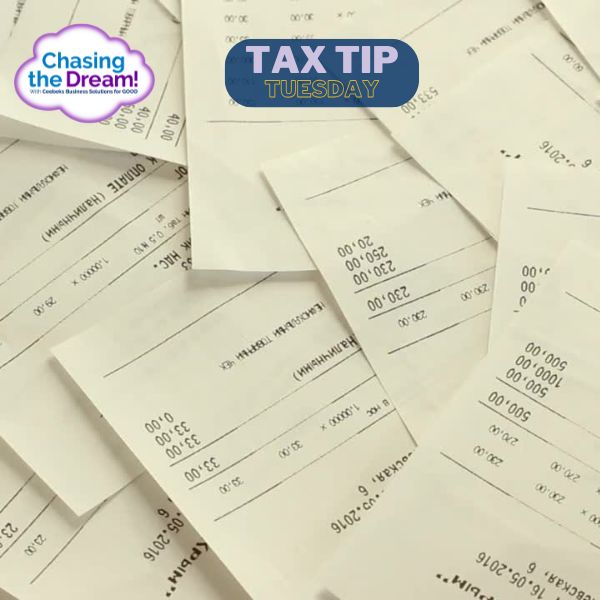Quite often when you borrow money for business purposes you will incur certain expenses associated with that particular loan.
You can claim a deduction for borrowing expenses associated with purchasing your property, such as loan establishment fees, title search fees, and costs of preparing and filing mortgage documents.
But unlike the interest on the loan which is immediately claimable when incurred, these costs are not unless, of course, they total $100 or less.
So, what happens if they exceed $100?
If your total borrowing expenses are more than $100, the deduction is spread over five years or the term of the loan, whichever is less.
So if you have a loan term of 3 years and you incur an application fee for the loan of, say $495, then these costs are written off over 3 years.
What can you claim?
You can claim all of the following as borrowing expenses:
- stamp duty charged on the mortgage
- loan establishment fees
- title search fees charged by your lender
- costs (including solicitors’ fees) for preparing and filing mortgage documents
- mortgage broker fees
- fees for a valuation required for loan approval
- lender’s mortgage insurance, which is insurance taken out by the lender and billed to you.
If you repay the loan early and in less than five years, you can claim a deduction for the balance of the borrowing expenses in the year of repayment.
If you obtained the loan part way through the income year, the deduction for the first year will be apportioned according to the number of days in the year you had the loan.
As with any decision to borrow money, make sure you get proper financial advice before doing so to ensure you are fully aware of the tax deductions you will be able to maximise.

